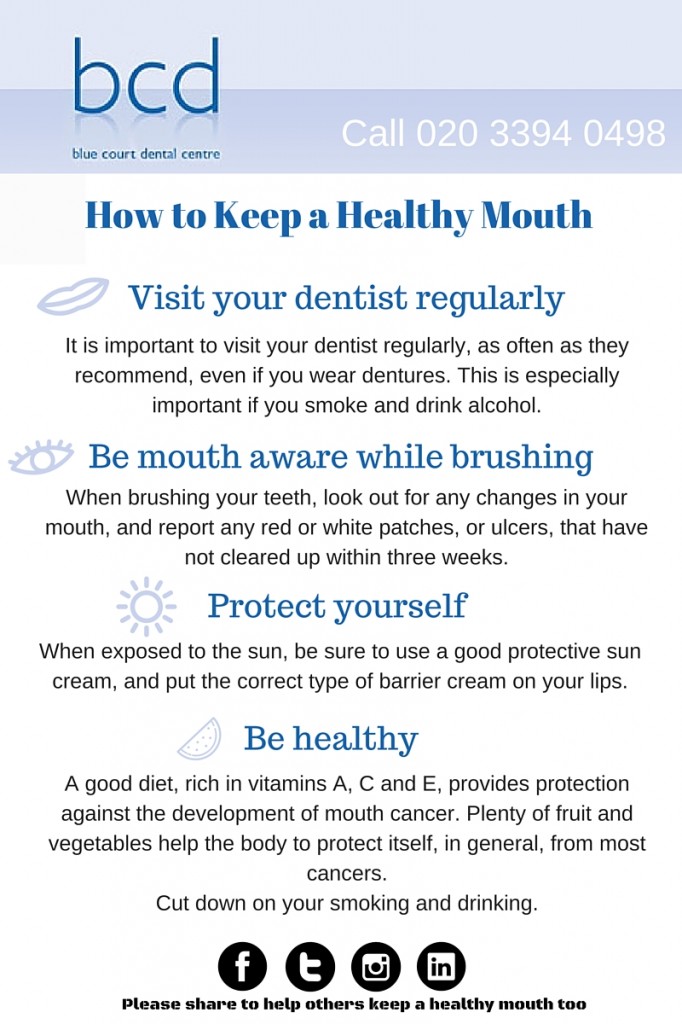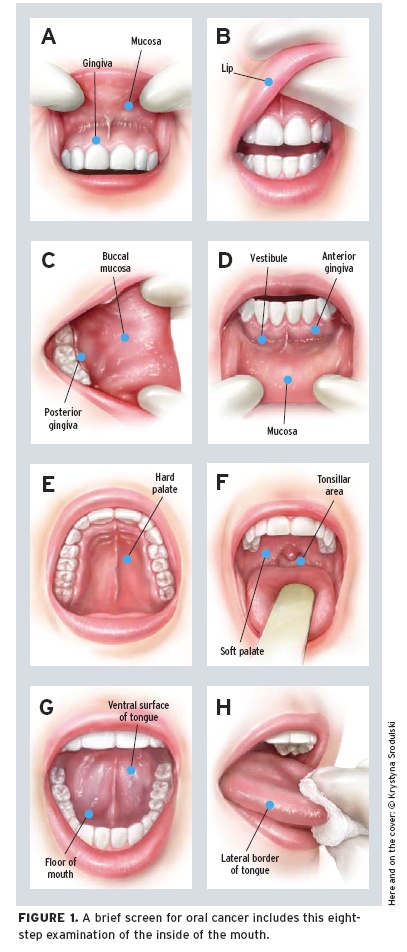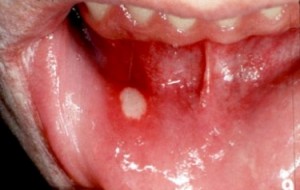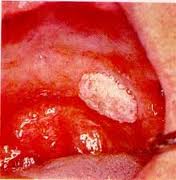Dr Nishan Dixit
Latest posts by Dr Nishan Dixit (see all)
- Dr Dixit is the new President of British Academy of Cosmetic Dentistry - 28 May 2020
- Does Invisalign hurt? - 9 March 2020
- How Long Does Invisalign Take? - 27 February 2020
November 2015 is mouth cancer action month.
Mouth cancer action month was set up in 1998 to begin to combat the growing concerns about a significant increase in diagnoses of mouth cancer in the UK. The primary concern was that there seemed to be a lack of general awareness about the signs and symptoms of oral cancer, knowing what to look out for and being confident to report it to a healthcare professional. This year our dental practice in Harrow is doing its part to raise the awareness of mouth cancer.
Throughout this blog post we have placed several hyperlinks to additional resources, if you click on these you can find out more information about the subjects highlighted.
The causes of mouth cancer.
Tobacco
Most mouth cancers can be linked back to smoking cigars and pipes, there are also instances of habits such as chewing tobacco being a contributory factor to mouth cancer. Alcohol also gives an increased risk of mouth cancer, particularly if consumed at the same time as tobacco.
Sunlight
With a tendency for people to lay out in the sun more, over exposure to sunlight can also responsible for causing some cancer of the lips.
Sexual Preferences
Many recent reports have linked mouth cancer to the human papillomavirus (HPV). HPV is the major cause of cervical cancer and affects the skin that lines the moist areas of the body. HPV can be spread through oral sex, and research now suggests that it could soon rival smoking and drinking as one of the main causes of mouth cancer. Practicing safe sex and limiting the number of partners you have may help reduce your chances of contracting HPV.
The signs of oral cancer
There are many different forms of oral cancer. However, the primary signs and symptoms may include:
- A lump or thickening of the soft tissue in your mouth, including the gums, tongue and cheek.
- Soreness and/or a feeling that something is caught in your throat.
- Difficulty in chewing or swallowing.
- Jaw pain.
- Difficulty moving your tongue or jaw.
- Numbness of the tongue or other area of your mouth.
- Hoarseness.
- White or red patches in the mouth the do not normally. (Typically these areas should heal within three weeks)
- Mouth ulcers that don’t heal within three weeks.
Early detection of mouth cancer
The two best ways of detecting mouth cancer early are to be mouth aware at home and to have regular visits to your dentist. A modern dental practice should always undertake the mouth cancer check with every dental health assessment and this is a primary way of spotting the first signs of mouth cancer.
In order to be more mouth aware we have created a free guide, this goes through seven points for self-assessment at home. Looking at the risk factors for oral cancer and how you can lower them. You can download your 7 point mouth cancer self assessment guide here.
If your dentist believes they have found an early sign of mouth cancer than they will immediately refer you to the local hospital who can carry out more extensive tests which may include biopsies.
If mouth cancer is spotted early, the chances of a complete cure are good, and the smaller the area or ulcer the better the chance of a cure.
How to keep a healthy mouth
Blue Lip Selfie Campaign – #bluelipselfie
Get involved with our Blue Lip Selfie campaign and show your support for mouth cancer!
This year, the British Dental Health Foundation have joined forces with main sponsors Denplan and created a fantastic new campaign to help raise awareness of mouth cancer.
They’re asking people to wear blue lips as a visible sign of support for mouth cancer and take a selfie. We hope this positive, interactive approach will significantly boost awareness of the disease and get everybody taking about mouth cancer, the risk factors involved, the signs and symptoms, and what we can do to help reduce our risk.
So what are you waiting for? Show the world your perfect pout and be part of something huge that aims to get everybody talking about mouth cancer!
Take your #bluelipselfie and donate to mouth cancer
How to take part
Everybody can take part in the Blue Lip Selfie campaign; men or women, old or young, it doesn’t matter.
All you need to do is take a selfie of yourself or alongside family, friends or colleagues, and share it with the hashtag #bluelipselfie to help raise awareness get the campaign going viral and encourage others to show their support for mouth cancer.







 Mouth cancer is caused by an abnormal and uncontrolled growth of cells. It is a malignant growth that can occur in any part of the mouth. The Two most common symptoms of mouth cancer are:
Mouth cancer is caused by an abnormal and uncontrolled growth of cells. It is a malignant growth that can occur in any part of the mouth. The Two most common symptoms of mouth cancer are:
